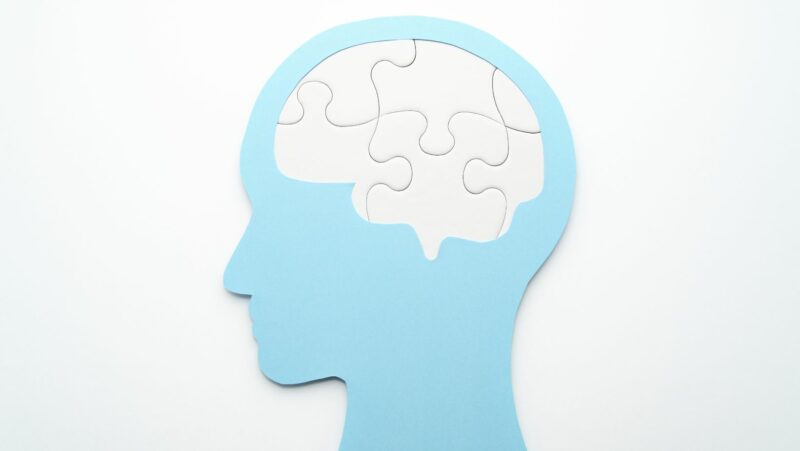
The integration of technology in everyday life has made artificial intelligence (AI) to be at the forefront of every innovative activity, with healthcare being the most affected. In what ways is artificial intelligence changing the manner in which patients are taken care off as well as diagnosed while also affecting healthcare planning? Is it possible for AI to deal with the complex issues surrounding health product markets and provide personalized healthcare solutions that work efficiently?
Transforming Diagnostics: The Power of AI in Medicine
AI’s most significant impact in healthcare is perhaps its role in diagnostics. Machine learning algorithms can analyze vast datasets — from patient genetics to lifestyle habits — to identify patterns that are invisible to the human eye. For instance, AI tools assist radiologists by pinpointing subtle changes in imaging scans, which can lead to early detection of conditions like cancer long before traditional methods would catch them. Sites like Onfy.de, which specializes in health products, are starting to see AI-driven personalization in recommending products based on individual health data.
Enhancing Treatment Plans with Precision Medicine
The AI is capable of going through massive amounts of data to help in personalizing medical treatment commonly known as precision medicine. By using present medical investigations alongside unique client details, AI Doctor develops personalized therapy blueprints.
For instance, it might recommend particular drugs that are most suitable for an individual’s genome; this would then improve the effectiveness of treatment and reduce cases of side effects.
AI and Patient Management: Efficiency at Scale
The management of patients has also been transformed by artificial intelligence with the help of automation and predictive analytics. It is possible for the AI systems to project the number of patients that may require admission thereby assisting hospitals in making proper use of their staff as well as resources.

Additionally, the AI chatbots play their part by providing quick responses on non-emergency issues such as booking of hospital visits thereby creating space for doctors in attending serious cases.
Bridging Gaps in Healthcare Accessibility
AI in healthcare holds much promise as far as bridging the gap between those who can access healthcare easily and those who cannot. The use of telemedicine based on artificial intelligence can be of help to patients living in outlying areas where it is difficult to reach medical facilities. By using this kind of technology, patients can have a discussion through video call and with the help of AI it will be possible to give them some initial conclusions and after that – recommend what to do next; this helps reach out to people who don’t have enough medical services available.
Ethical Considerations and Future Prospects
On the other hand, the use of AI in the medical sector gives rise to moral concerns which include but are not limited to confidentiality, data integrity as well as possible discrimination by AI algorithms.

Therefore, collaboration between healthcare providers, and AI experts should yield rules that will secure patient’s freedom while ensuring openness in the process.
Conclusion: Answering the Initial Queries
Upon pondering over the first questions that were asked on the part of AI in connection to healthcare, it can be concluded that besides being a mere instrument, AI is also very impactful. This is because it plays a very big role towards improvement of the sector such as enhancing diagnosis, taking good care of patients, running the health systems rightly in its application. In some cases like Onfy. de, AI helps navigate complex product markets and improve customer experience with personalized service. Looking ahead, continued cooperation between healthcare workers and AI programmers is crucial for unleashing the potential of this technology and making sure that it remains supportive and progressive within the healthcare sector.










